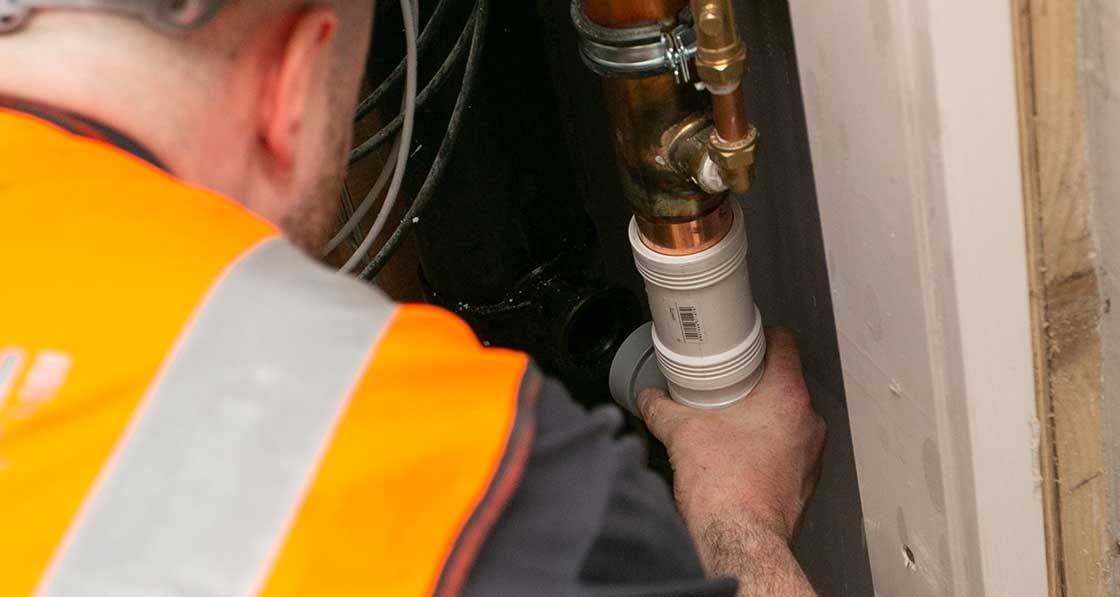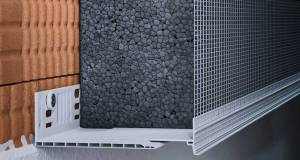
- Marketplace
- Posted
WWHR an easy & costeffective route to Part L compliance — Showersave
Antrim-based company Showersave say that the imminent inclusion of wastewater heat recovery in the new DEAP 4.2.0 software, set to be launched on 16 September, will provide developers, designers and builders with a simple and cost-effective new way to help ensure Part L compliance and achieve better building energy ratings.
This article was originally published in issue 31 of Passive House Plus magazine. Want immediate access to all back issues and exclusive extra content? Click here to subscribe for as little as €10, or click here to receive the next issue free of charge
“The Showersave system helps you to gain compliance at the lowest possible cost. For a relatively simple product, it achieves great things in terms of energy efficiency,” said Tony Gordon of Showersave. Gordon said that for around €450, a Showersave system will save about as much energy as a 1 kWP solar PV array generates, and that in a typical four-person house, the system can recover between 800 and 1,000 kWh per year.
The Showersave product itself is manufactured in the Netherlands, and over 70,000 have been installed to date, including close to 20,000 units in the UK. The system is also now regarded as a renewable energy system by the EU’s recast renewable energy directive.
Showersave supply a range of wastewater heat recovery systems to the UK and Irish markets, for both domestic and commercial applications. These systems capture waste heat that goes down the shower drain and use it to provide free extra heating for domestic hot water.
“It’s a wonderfully simple system,” Gordon added. “It works under gravity and there are no moving parts at all. It really is a fit and forget system.”
While it is already included in the product characteristics database for SAP, the UK’s dwelling energy assessment software, wastewater heat recovery will now finally be added as a category to Ireland’s equivalent assessment software, DEAP. “Now if you go directly under the showers tab, wastewater heat recovery will be included,” Gordon said.
“In the near future around one quarter of a typical houses’ energy consumption will be for showering. Even if you build to the passive house standard, you’re just chucking that energy away. Once your building fabric is insulated as well as it can be, looking to save energy on domestic hot water production is the next logical step.” For more information see www.showersave.com.







